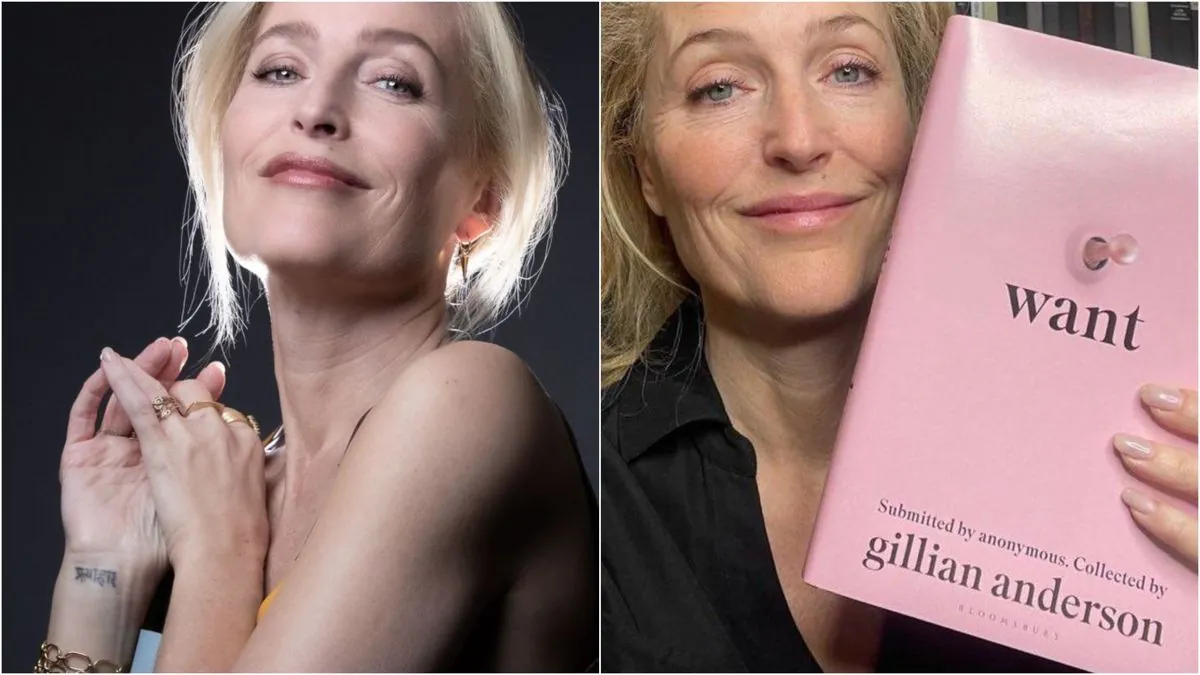Gillian Anderson, renowned for her iconic role as Agent Scully in "The X-Files," has ventured into new territory with her latest project, "Want." This collection of anonymous sexual fantasies from women around the globe offers a compelling insight into female desire in the modern era.
Inspired by Nancy Friday's 1973 bestseller "My Secret Garden," Anderson's book arrives in a vastly different landscape. In the 51 years since Friday's publication, the digital revolution has transformed access to sexual content and experiences. Yet, "Want" proves remarkably relevant, demonstrating that the essence of human desire remains complex and deeply personal.
The book's structure, organized into thematic chapters such as "Power and Submission" and "Strangers," allows readers to explore a wide range of fantasies. Anderson prefaces each section, emphasizing her role as a curator rather than an analyst. This approach maintains the raw authenticity of the submissions, which vary from brief confessions to elaborate scenarios.
One notable aspect of "Want" is its inclusivity. The book features fantasies from women of diverse backgrounds, including those with disabilities and health conditions. These entries highlight the universal nature of desire and the importance of representation in discussions about sexuality.
"When I explained the cancer required mastectomies to fully be removed, and showed him the end result, there was no look of disdain or repulsion; he caressed my breast, lightly tracing his fingers over the scar and gently kissing where the tissue no longer was."
While the book addresses some controversial topics, it does so with care. Anderson acknowledges the presence of rape fantasies but emphasizes the distinction between fantasy and reality, promoting a safe space for exploration within one's imagination.
Gillian Anderson's journey from Dana Scully to author of "Want" spans a remarkable career. Her role in "The X-Files," which premiered on September 10, 1993, earned her an Emmy Award in 1997. Since then, she has continued to challenge herself with diverse roles, including her Golden Globe-winning portrayal of Margaret Thatcher in "The Crown."
Throughout her career, Anderson has been an advocate for women's rights and a supporter of the #MeToo movement. Her work on "Want" aligns with her ongoing commitment to open discussions about sexuality and gender issues.
"Want" not only explores sexual fantasies but also reveals deeper emotional needs. Many entries express a desire for acceptance, understanding, and genuine connection. This aspect of the book resonates strongly, highlighting the complex interplay between physical and emotional intimacy.
As Gillian Anderson continues to evolve as an artist and advocate, "Want" stands as a testament to her versatility and willingness to engage with challenging subjects. The book offers a valuable contribution to the ongoing dialogue about female sexuality and desire in the 21st century.
